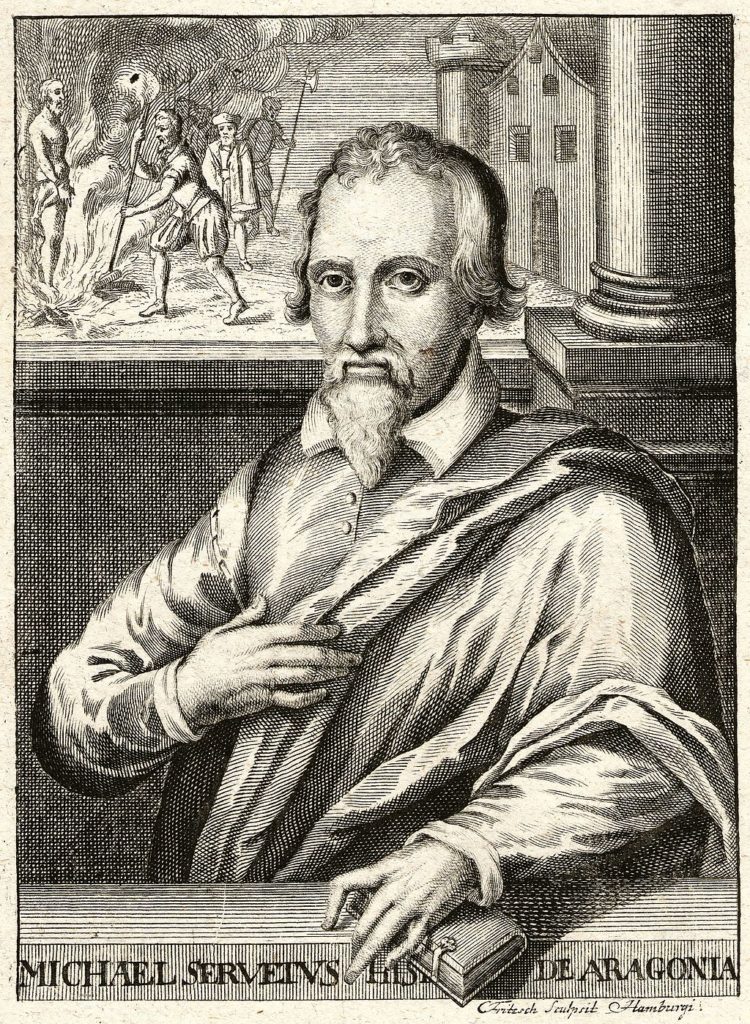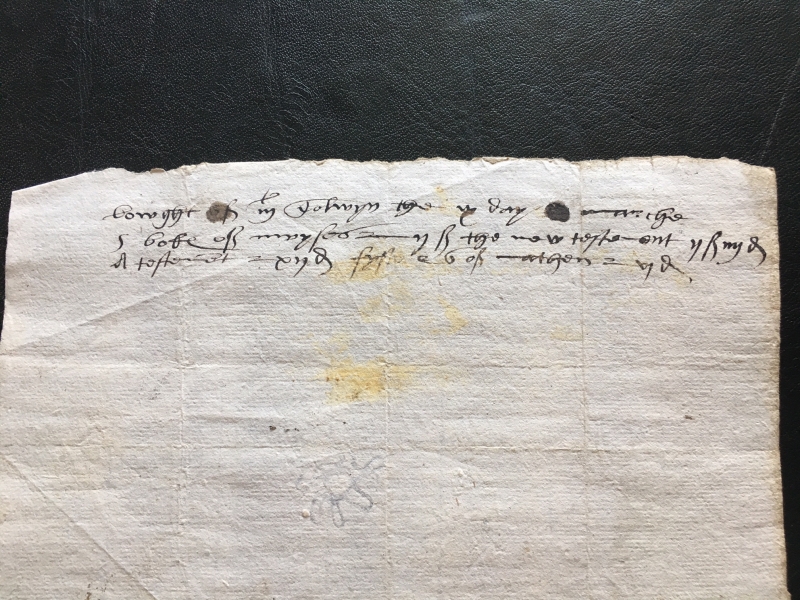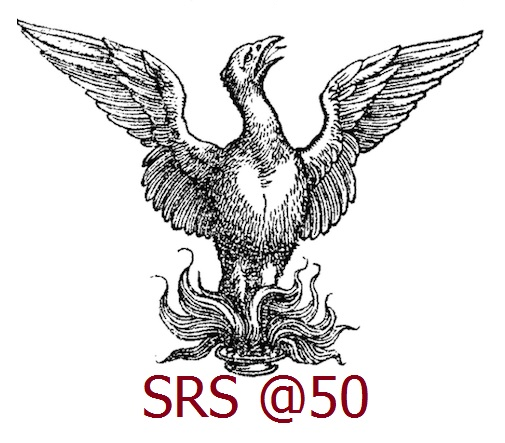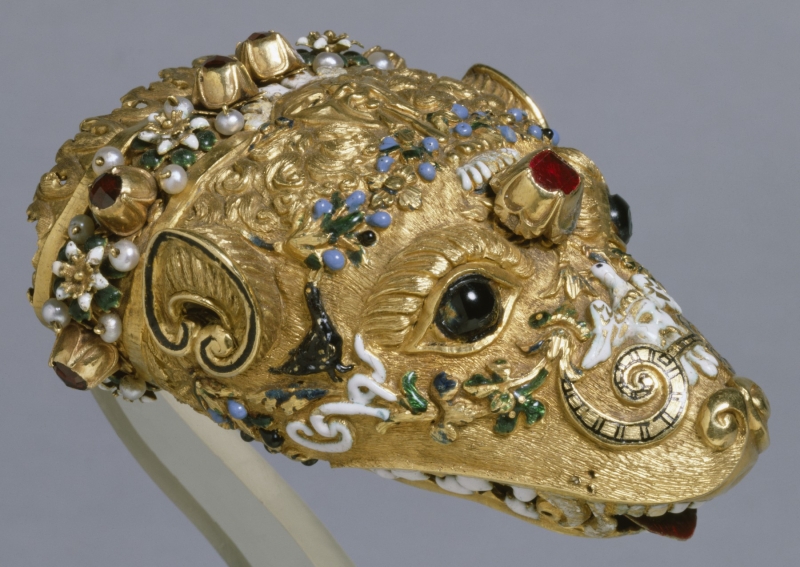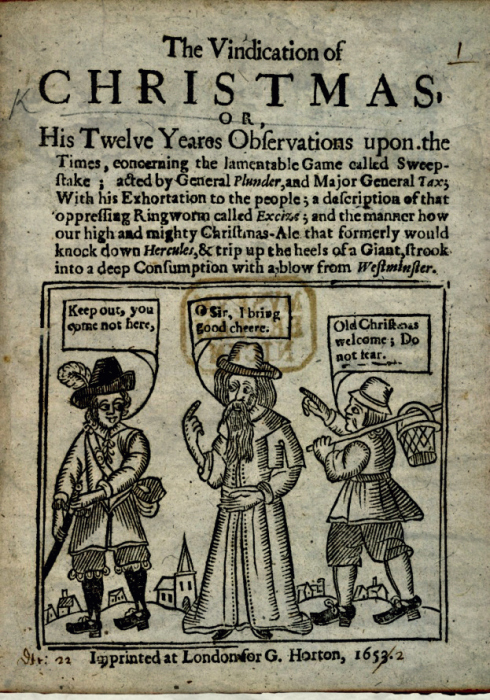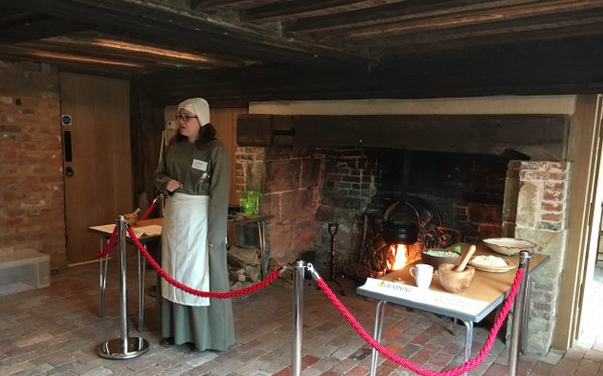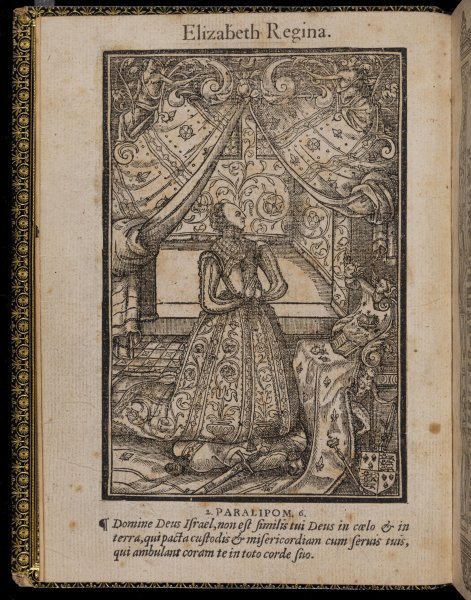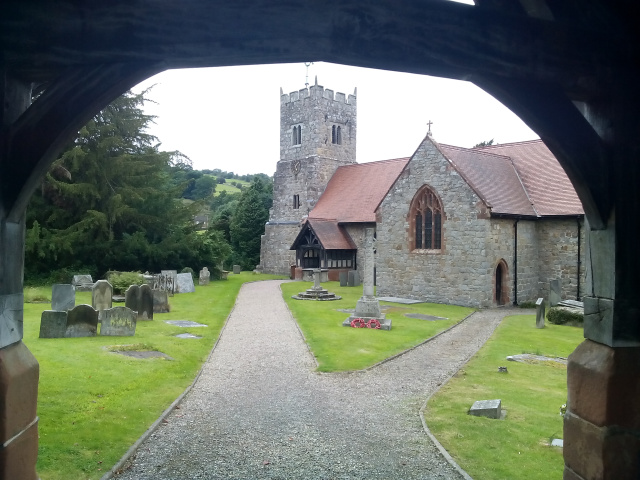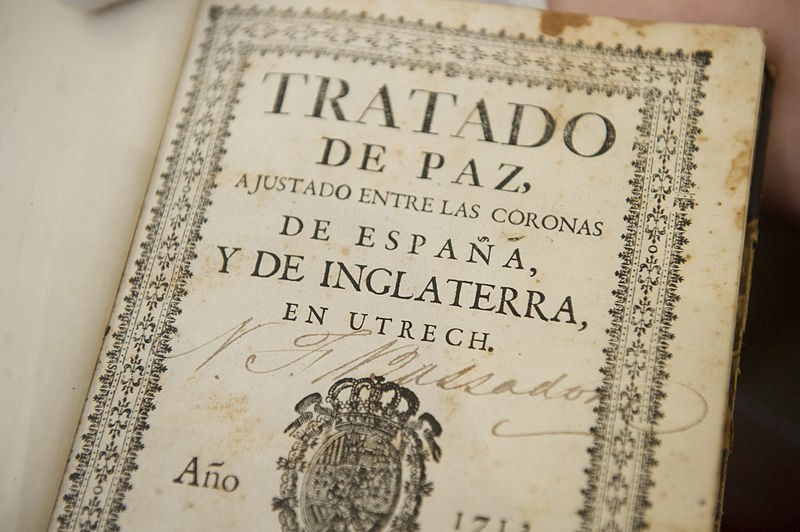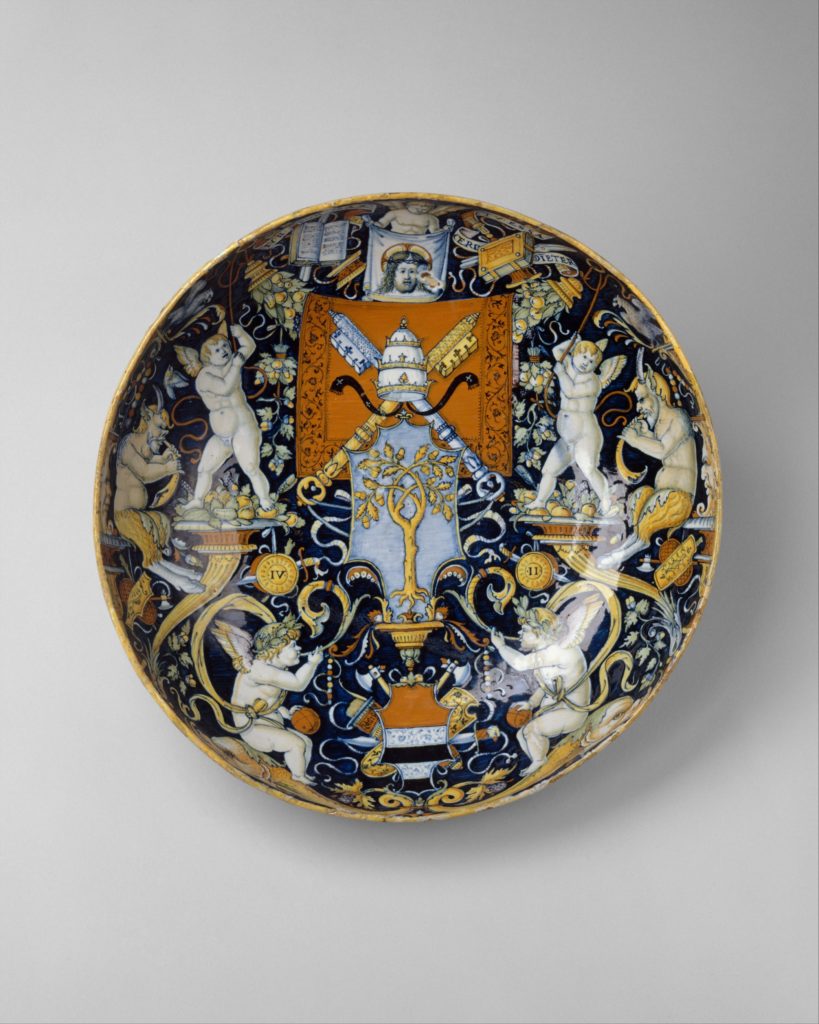Articles & Podcasts
New documents reveal Servetus’s life as a student and teacher in Spain
Michael Servetus (c. 1511-1553) was a renowned polymath, who is an important figure in the history of many disciplines. His nontrinitarianism led him to being condemned by Catholic authorities in France and, upon fleeing to Protestant Geneva, he was burnt at the stake for heresy. Despite his significance, until recently, there were no documents about…
Forbidden Protestant Books in Tudor Cambridge
It is a commonplace to say that the University of Cambridge was a significant seedbed for the early English Reformation. During the 1520s, new theology spread among its members. According to John Foxe, early evangelicals met at the White Horse Tavern, soon dubbed ‘Little Germany,’ and the Austin Friars, the local branch of Luther’s order,…
Perfume and Gunpowder Podcast
On 13th September 2017 at the National Library of Ireland in Dublin, Eiléan Ní Chuilleanáin (Ireland Professor of Poetry) delivered the first in a series of three public lectures to celebrate the 50th anniversary of the Society for Renaissance Studies. The series takes Renaissance senses as its theme. Focusing upon the sense of smell, Ní…
Zibellini as Animal-Made-Objects
What are Zibellini? Zibellini are luxury fur pieces made from the pelts of animals belonging to the weasel family, most commonly sables and martens. These objects could be draped over the shoulder, carried in the hand, or worn on the girdle by a chain connected around the neck or to the mouth of the animal….
“Plum pottage was mere popery”: the ups and downs of Christmas in the 17th century
Despite the persistent belief that Christmas was effectively invented by the Victorians and barely bothered with by anyone before the 19th century, a bit of a delve into the literature of the 17th century yields much in the way of interesting Christmas-related curiosities. Performance has a long association with Christmas, from medieval mummers plays to Henry…
Beyond Academia
The dissemination and interpretation of research outside academia is, or at least should be, high on the agenda of any academic researcher. For those of us working in early modern and medieval studies, sharing our research with a wider audience has some rather specific ups and downs. Interest in the period is rarely lacking: people…
Private Prayer: the Common Man’s Creative Writing?
Imagine a society where every single adult was trained in – and practised – composing short original texts, every single day. At the turn of the seventeenth century, changes in writing private prayers underlay major developments in drama. Required to pray independently, convinced their private prayers had an impact on the course of events, the…
The Life and Adventures of Meredith Hanmer, Anglican Divine
The project ‘Meredith Hanmer’, carried out at the University of Sussex, School of English (November 2014-November 2016) received funding from the Marie Curie Actions of the European Union FP7 as a project to reconstruct the life of this familiar yet elusive figure of early modern England.1 An Anglican divine of the Church of England, with…
‘To His Grace the Duke of Shrewsbury’ by Matthew Prior (1713)
Matthew Prior’s diplomatic negotiations with France in the period 1711–15 were the most important and worst rewarded of his career. From 1711 the English career-diplomat and poet acted as secret negotiator for the Tory government with enemy France. His journeys and talks were part of wider negotiations that ultimately led to peace and the Treaty…
Between the University and the Museum: The View from the V & A
A few months ago, I attended a symposium organized by my old friend Peter Miller, now Dean of the Bard Graduate Center in New York. It celebrated 20 years of that institution’s innovative programme on the history of decorative arts and material culture. The speakers included academics from various fields and curators from museums on…
- « Previous
- 1
- 2
- 3
- Next »

